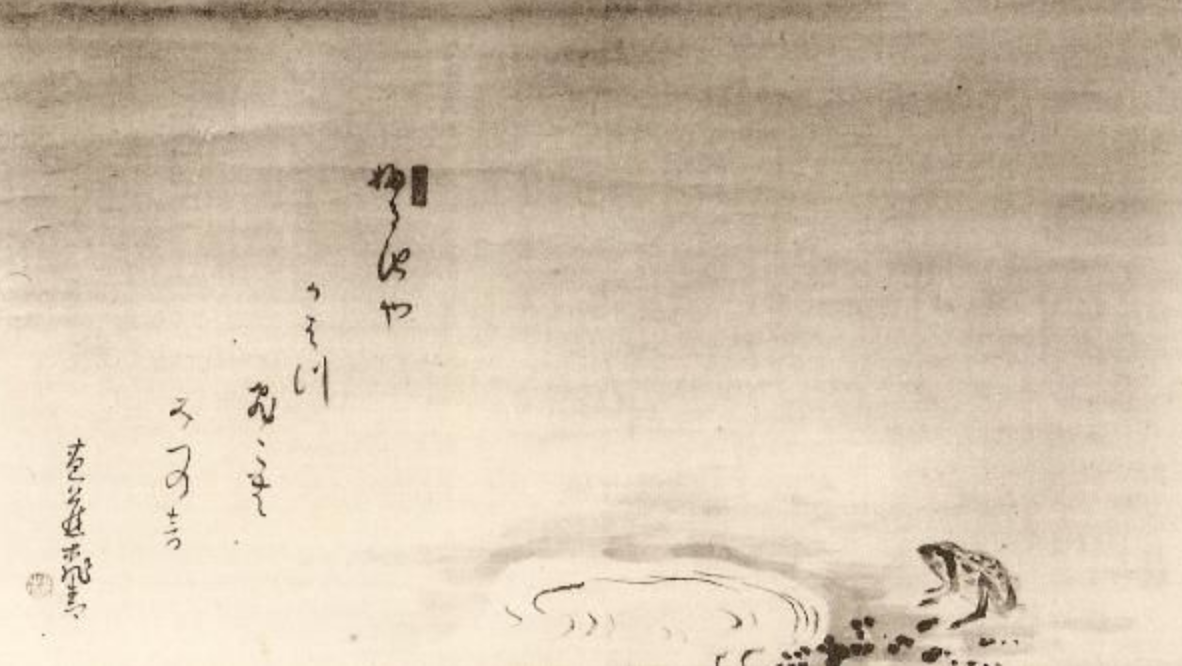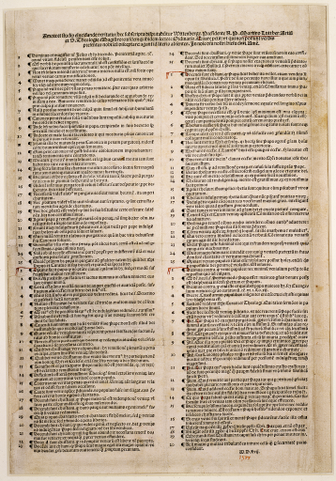Chimamanda Ngozi Adichie writes in answer to a friend’s letter…When a couple of years ago a friend of mine from childhood, who’d grown into a brilliant, strong, kind woman, asked me to tell her how to raise her baby girl a feminist… I decided to write her a letter, which I hoped would be honest and practical, while also serving as a map of sorts for my own feminist thinking. This book is a version of that letter, with some details changed….
Be a full person. Motherhood is a glorious gift, but do not define yourself solely by motherhood. Be a full person. Your child will benefit from that. …
Do it together. Remember in primary school we learned that a verb was a ‘doing’ word? Well, a father is as much a verb as a mother. [the Father] should do everything that biology allows –which is everything but breastfeeding. Sometimes mothers, so conditioned to be all and do all, are complicit in diminishing the role of fathers. …
Teach her that the idea of ‘gender roles’ is absolute nonsense. Do not ever tell her that she should or should not do something because she is a girl. ‘Because you are a girl’ is never a reason for anything. Ever. …
Beware the danger of what I call Feminism Lite. It is the idea of conditional female equality. Please reject this entirely. It is a hollow, appeasing and bankrupt idea. Being a feminist is like being pregnant. You either are or you are not. You either believe in the full equality of men and women or you do not. …
Teach [her] to read. Teach her to love books. The best way is by casual example. If she sees you reading, she will understand that reading is valuable. …
Teach her to question language. Language is the repository of our prejudices, our beliefs, our assumptions. But to teach her that, you will have to question your own language. A friend of mine says she will never call her daughter ‘princess’. People mean well when they say this, but ‘princess’ is loaded with assumptions, of a girl’s delicacy, of the prince who will come to save her, etc. This friend prefers ‘angel’ and ‘star’. So decide for yourself the things you will not say to your child. Because what you say to your child matters. It teaches her what she should value.
Never speak of marriage as an achievement. Find ways to make clear to her that marriage is not an achievement, nor is it what she should aspire to. A marriage can be happy or unhappy, but it is not an achievement. …
Teach her to reject likeability. Her job is not to make herself likeable, her job is to be her full self, a self that is honest and aware of the equal humanity of other people. …
Give her a sense of identity. It matters. Be deliberate about it.
Be deliberate about how you engage with her and her appearance.
Teach her to question our culture’s selective use of biology as ‘reasons’ for social norms.
Talk to her about sex, and start early. It will probably be a bit awkward but it is necessary.
Romance will happen, so be on board. … I don’t mean you should be her ‘friend’; I mean you should be her mother to whom she can talk about everything. Teach her that to love is not only to give but also to take.
In teaching her about oppression, be careful not to turn the oppressed into saints. Saintliness is not a prerequisite for dignity. People who are unkind and dishonest are still human, and still deserve dignity.
Teach her about difference. Make difference ordinary. Make difference normal. Teach her not to attach value to difference. And the reason for this is not to be fair or to be nice but merely to be human and practical. Because difference is the reality of our world. And by teaching her about difference, you are equipping her to survive in a diverse world.
The whole letter is a short 30 minute read max and 99p / 99c on Amazon (link here)
While aimed at raising a daughter much of the thought is equaling provoking for anyone.












